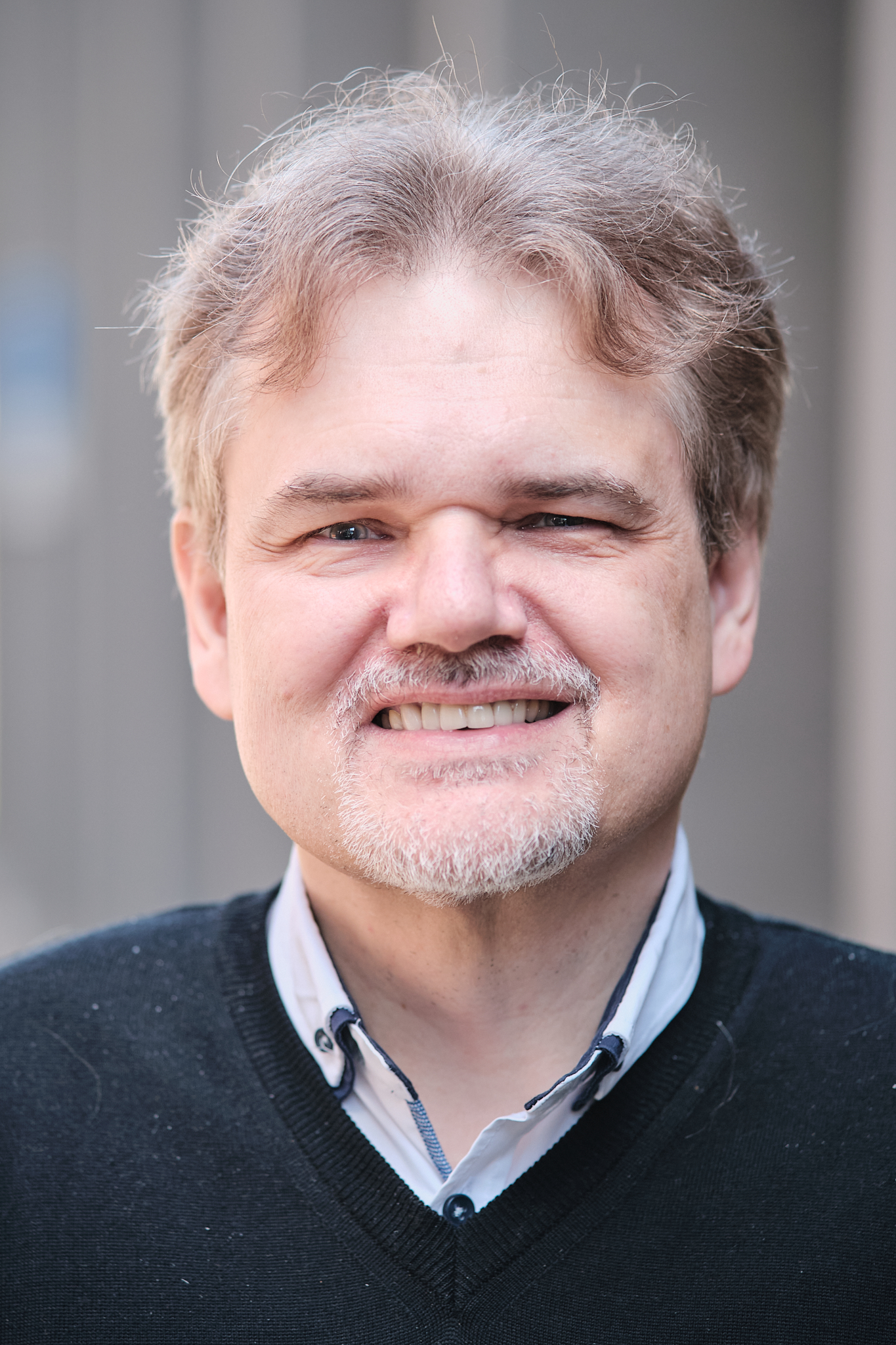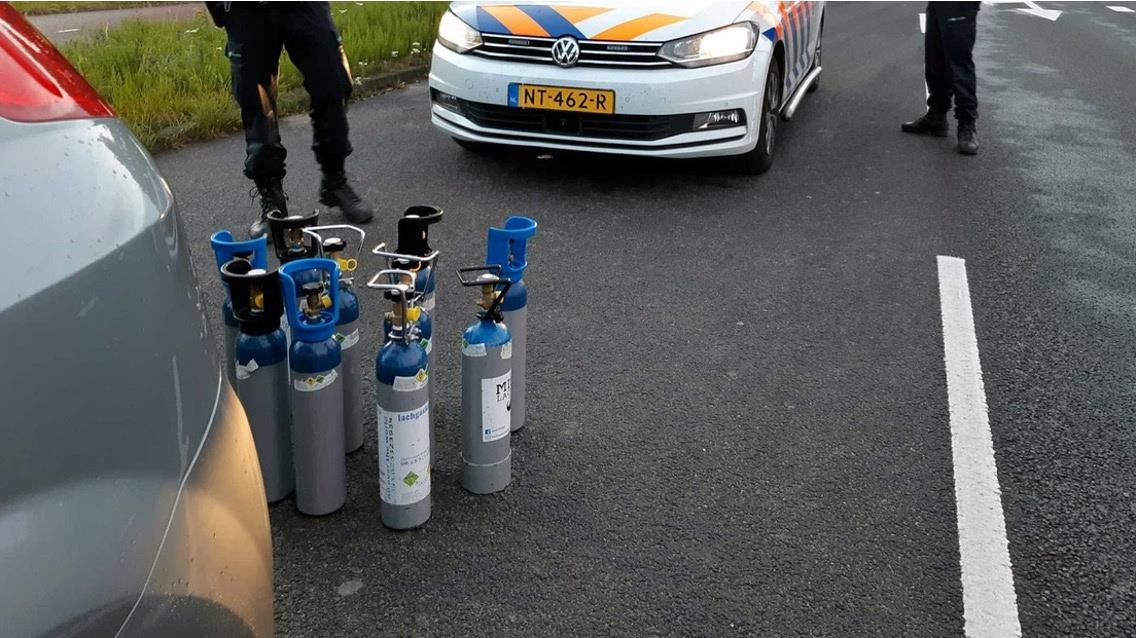FPN master's programmes awarded with two #1 positions and one #5 position in national Keuzegids Masters 2018!
The Master in Forensic Psychology and the Research Master in Cognitive and Clinical Neuroscience are once again ranked 1st in their respective categories of Keuzegids Masters 2018.
With a total score of 82 (72 last year) the Master in Forensic Psychology is ranked 1st in the Criminology and Safety category. This programme has been ranked consistently as the best in its category since 2012.
The Research Master in Cognitive and Clinical Neuroscience attained a total score of 84 (78 last year) and is ranked 1st in the Psychology: Neuroscience research master’s category. This programme has been ranked best in its class for 3 years in row. The Research Master and Forensic Master programme’s total scores are among the top programmes nationally and therefore they are awarded the title Keuzegids Top Rated Programme.
The Master in Psychology is ranked 5th in the Psychology category of the Keuzegids Masters 2018. This programme was evaluated with a score of 58. The score is significantly lower than in 2017, but at the same level as 2015 and 2016.
We spoke to FPN's Vice-Dean of Education about the rankings. Read the interview here.
Also read
-
FPN’s prof. dr. Rainer Goebel has been awarded an ERC Advanced Grant of € 2,5M for his research project Reading the Mind’s Eye: AI inspired personalised brain models of mental imagery. Goebel is among 255 researchers (out of 1829 applications in all domains) in Europe to receive the grant, and he is...
-
When nitrous oxide (laughing gas) is used recreationally, its presence remains detectable in the breath and bloodstream for at least 60 minutes after inhalation, and the development of an instrument to measure it is technically feasible. These were among the findings of a study at Maastricht...
-
What happens in the brain of someone with a psychiatric disorder? Eleonora Broggi, an alumna of the bachelor Biomedical Sciences at Maastricht University, is investigating brain patterns in people with autism spectrum disorder at King’s College London. Read how Eleonora uses Biomedical Sciences for...



